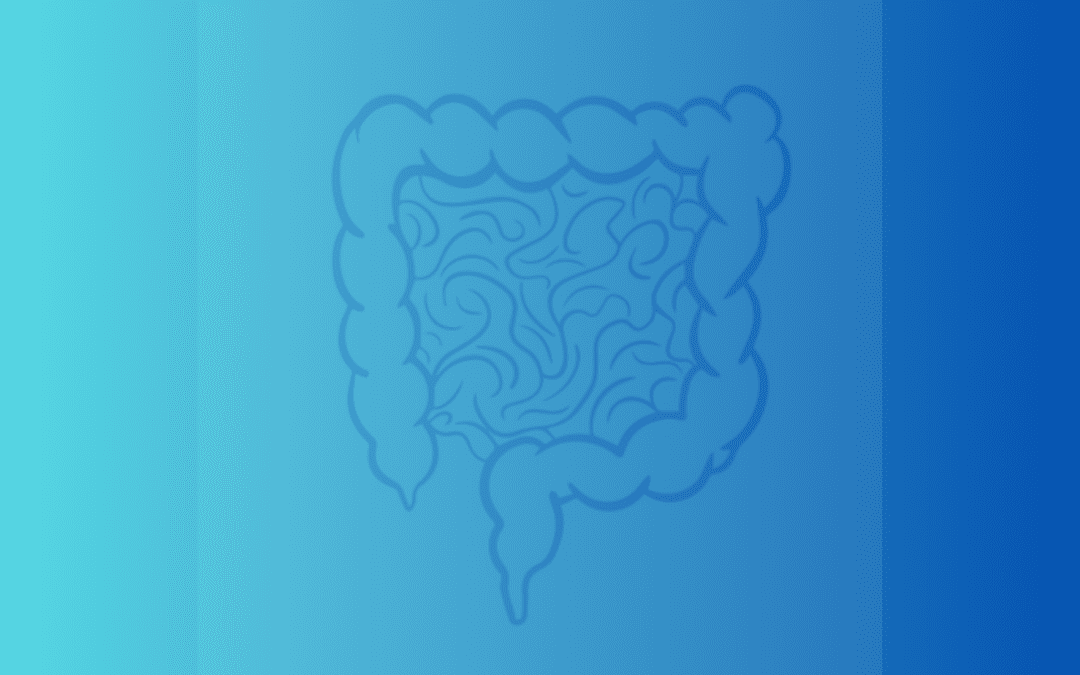Bowel dysfunction can cause a lot of distress and because it’s embarrassing to talk about, many people put up with problems. But you don’t need to suffer – pelvic health physiotherapists can do a lot to help.
What bowel conditions can pelvic health physiotherapists treat?
- loss of control of the bowel, or having accidents
- escape of wind at the wrong time
- prolapse of the bowel
- difficulty fully emptying the bowel
- constipation and straining
- bloating
- urgency (having to get to the toilet in a hurry)
What happens at your first appointment?
At your first session, we take a detailed history. This will include recent life changes, surgeries, changes in medication, and risk factors for pelvic floor muscle dysfunction.
We ask lots of questions about your bowel function. We want to know everything, and we have time to listen! There is never TMI (too much information) for a pelvic physio!
Sometimes we give you a detailed bowel diary to fill out, or ask you to use an app like Poop Tracker. Recording your bowel motions gives us more information to assist in making an accurate diagnosis so that we can give you the help you need.
We also work with dietitians who can assist us with management of gut irritation, food intolerances and allergies.
What does treatment involve?
Education: We spend time educating you about the anatomy of the bowel and how it works. We have diagrams and models, as well as handouts that you can take away.
Advice on fibre and fluid intake: Most people should be aiming for 6-8 cups of fluid per day and plenty of dietary fibre. This may include fruit, vegetables, nuts, legumes, wholemeal bread and cereals. We can help you work out ways to get what you need. We can also give advice on basic laxatives – we encourage you to discuss this with your GP or pharmacist before starting.
Advice on regular exercise: Exercise helps to keep your bowel working well – if you’re not getting enough exercise we can help you find ways to get started, or to increase what you’re already doing.
Teaching of correct bowel emptying strategies: We will teach you positioning and techniques for the most effective way to fully empty the rectum, without excessive straining. This YouTube video is a good start. Click here.
Pelvic floor muscle and anal sphincter assessment: An important part of what we do involves a thorough assessment to determine whether relaxation or strengthening of the these muscles is required. They need to be strong enough to keep everything in when required, yet also be coordinated and able to relax at the right time to allow emptying.
The brain gut connection: Research is showing that there is a connection with the emotional centres in the brain, and the gut. Our staff keep up to date with emerging evidence and will be able to advise you about this.
We’re here to help
Bowel problems take time to sort out. It may take several months to get back to your ‘normal’ so we will be here to help you along the way.
Pelvic health physiotherapists look at the whole picture. We teach you about taking time to listen to your body and manage stress levels, as well as address factors that may have contributed to the problem in the first place.
What can you do?
– Keep an eye on your bowel motions – how often to you go? Do you strain? Are you able to hold on when you need to? Do you have to rush to get to the toilet?
– Drink enough fluid- (see our blog here on fluid intake – dispelling the myths. You may be surprised!)
– Eat plenty fibre – (a variety of fruit, vegetables, whole grains etc)
– Don’t strain
If you’re having issues please get in touch. We are happy to help. You can contact us here

